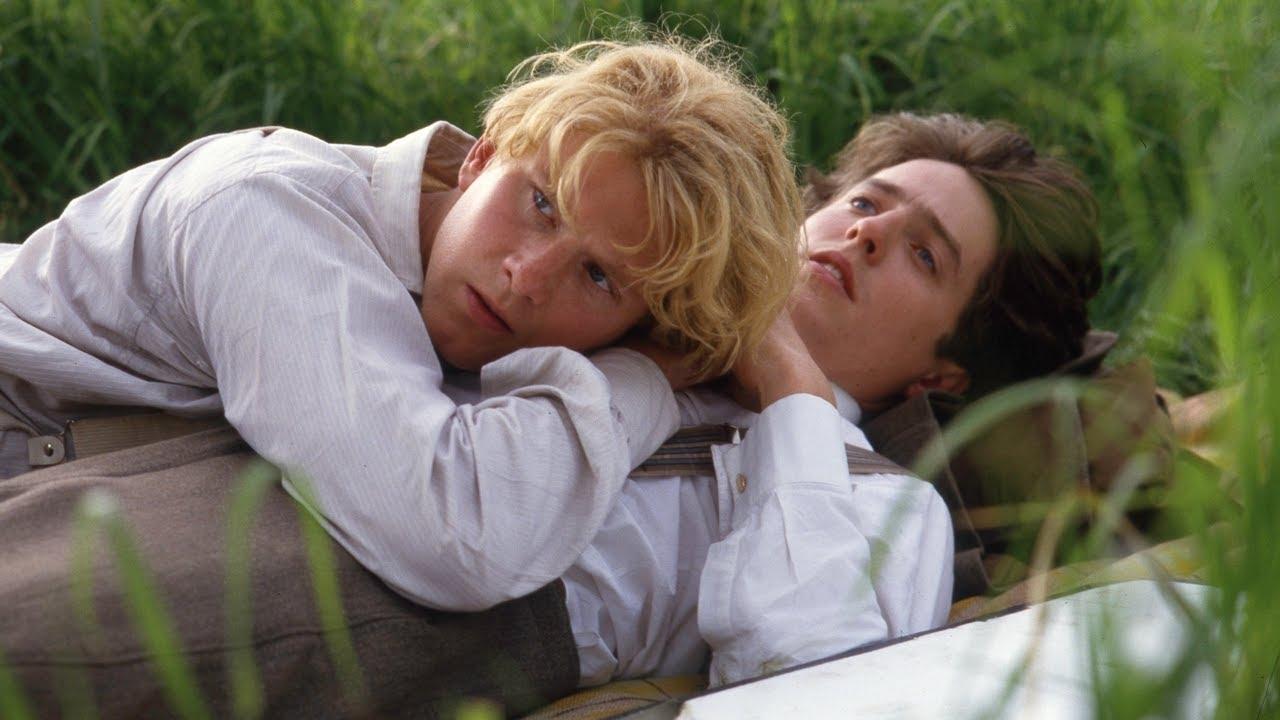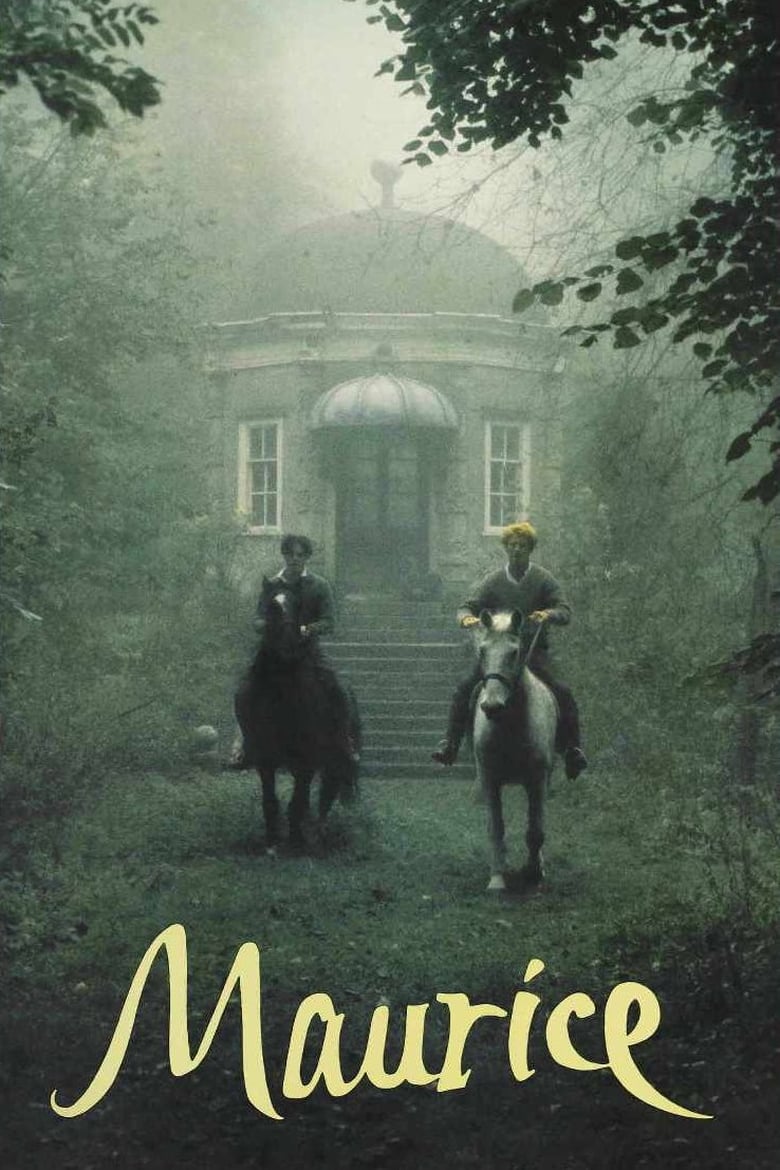
CinemaSerf@Geronimo1967
James Wilby is at his best here depicting the eponymous E.M. Forster character who takes rather a shine to his university colleague "Clive" (Hugh Grant). Of course not only is same sex fun illegal, it's looked upon very unfavourably by the Oxford set - even if most of them have had the odd dabble themselves. "Clive" is not really the commitment sort - he cares more for conforming and taking his well-heeled place in society, but "Maurice" seems more dyed-in-the-wool. His sexuality less fluid and his frustrations ever increasing. It's on a trip to see his friend and new wife "Anne" (Phoebe Nicholls) that he encounters their charming under-gamekeeper "Scudder" (Rupert Graves) and despite the differences in their social standing, at at some peril to his reputation, they embark on something that could just change both of their lives. Whilst the whole thing is set amongst the rarified environment of the English upper classes, it's still a potent reminder of life in a proscriptive society that though nothing of jail with hard labour for men caught with other men. There's a strong supporting cast, typical of these quality Marchant Ivory productions - Simon Callow, Billie Whitelaw and Judy Parfitt to name but three (I'm sure I saw Helena Bonham Carter in here too) and the look of the film - the settings, costumes and overall production design give it an authenticity and sheen. For me, the film belongs to Graves. His cheeky, well meaning and naive young character epitomising just what was wrong with the very fabric of a society that abhorred and punished his sexuality. With a swipe at the medical professional - and quackery in general - along the way, this whole thing is a classy and stylish assessment of a life that never, quite, feels real.

